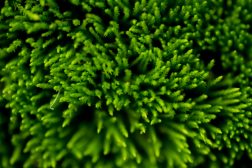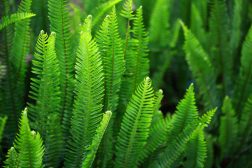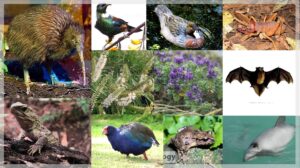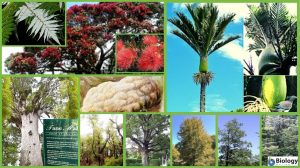moss
To cover or overgrow with moss. An oak whose boughs were mossed with age. (Shak)
Origin: Mossed; Mossing.
1. (Science: botany) A cryptogamous plant of a cellular structure, with distinct stem and simple leaves. The fruit is a small capsule usually opening by an apical lid, and so discharging the spores. There are many species, collectively termed musci, growing on the earth, on rocks, and trunks of trees, etc, and a few in running water.
The term moss is also popularly applied to many other small cryptogamic plants, particularly lichens, species of which are called tree moss, rock moss, coral moss, etc. Fir moss and club moss are of the genus lycopodium. See Club moss, under Club, and Lycopodium.
2. A bog; a morass; a place containing peat; as, the mosses of the Scottish border.
moss is used with participles in the composition of words which need no special explanation; as, moss-capped, moss-clad, moss-covered, moss-grown, etc. Black moss. See Black, and tillandsia. Bog moss. See sphagnum. Feather moss, any moss branched in a feathery manner, especially. Several species of the genus hypnum. Florida moss, long moss, or spanish moss. See Tillandsia. Iceland moss, a lichen. S
643
ee Iceland Moss. Irish moss, a seaweed. See Carrageen. Moss agate, a bryozoan.
(Science: botany) moss berry, a rush of the genus Juncus (J. Squarrosus). Scale moss. See hepatica.
Origin: OE. Mos; akin to AS. Meos, D. Mos, G. Moos, OHG. Mos, mios, Icel. Mosi, Dan. Mos, Sw. Mossa, Russ. Mokh’, L. Muscus. Cf. Muscoid.
Dictionary > Moss






